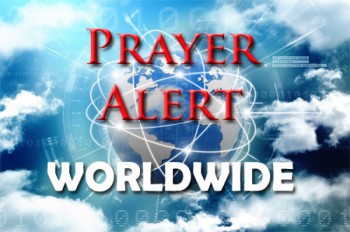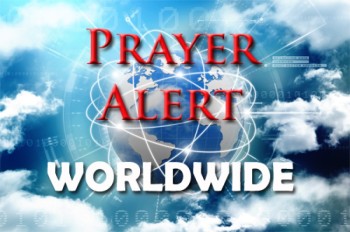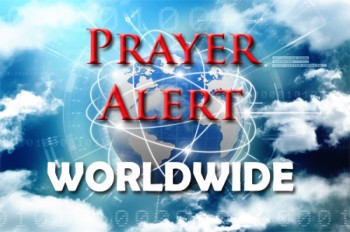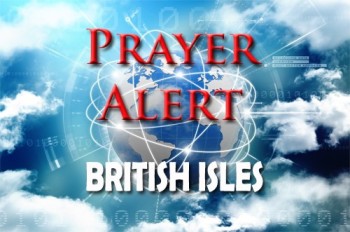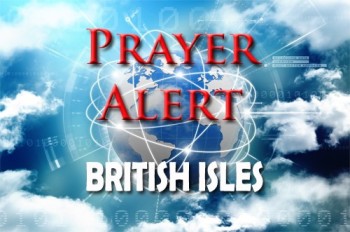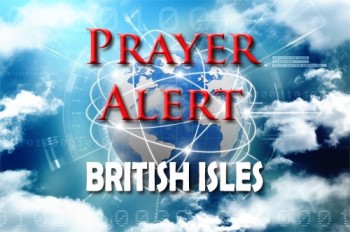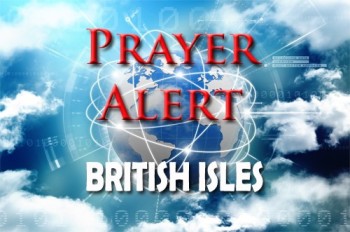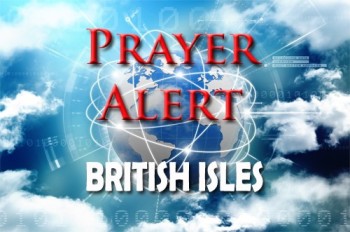Cambodia and Thailand agree to ceasefire
Thailand and Cambodia have agreed to an immediate and unconditional ceasefire following deadly border clashes that escalated last week. The breakthrough came during mediation talks in Malaysia, hosted by Prime Minister Anwar Ibrahim. Both Cambodian Prime Minister Hun Manet and Thai acting leader Phumtham Wechayachai expressed gratitude for the mediation efforts of Malaysia, China, and U.S. President Trump - who reportedly made ceasefire a condition for future trade discussions with Washington. Clashes between the two nations have historical roots, including a long-standing dispute over an 11th-century temple near the border. The most recent escalation, which began after the death of a Cambodian soldier in May, displaced over 300,000 people. The ceasefire, effective from midnight local time, will be followed by a meeting between military commanders and defence attachés, coordinated under ASEAN. Both sides described the talks as constructive and expressed hope for rebuilding trust and restoring normalcy. This agreement marks a vital step toward long-term peace and stability in a region long plagued by territorial tensions and sporadic violence.
New York shooting: gunman ‘went to wrong floor’
A tragic mass shooting unfolded in a Manhattan skyscraper when Shane Tamura, 27, entered the building housing the NFL headquarters and killed four people before taking his own life. Tamura, a former high school football star and casino security guard, left a note blaming the NFL for concealing the risks of chronic traumatic encephalopathy (CTE), a brain disease linked to repeated head trauma. Believing he suffered from CTE, he intended to confront the NFL but mistakenly took the wrong elevator. Among those killed were NYPD officer Didarul Islam, Blackstone executive Wesley LePatner, Rudin Management staffer Julia Hyman, and security guard Aland Etienne. An NFL employee was also injured but survived and managed to warn colleagues. The rifle used was self-assembled and the revolver legally purchased. President Trump, local officials, and researchers have commented on the tragedy. The case has renewed concerns over gun violence, mental health, and the long-term impacts of contact sports. Investigations continue in Nevada and New York as families and communities grieve the senseless loss.
Pastors and other Christians Brutalized in Odisha State, India
Twenty pastors were brutally attacked in Kotamateru village, Odisha state, India, while attending a Christian seed-blessing ceremony on June 21. Local villagers, armed with axes, knives, and wooden sticks, ambushed the pastors as they left the event, accusing them of religious conversions. Despite prior verbal police approval and peaceful intentions, the pastors were violently assaulted, leaving 30 injured and 10 hospitalized with severe wounds. Among the victims was Sukra Madi, 52, who remains in critical need of surgery his family cannot afford. Eyewitness accounts and video evidence confirm the deliberate nature of the attack, yet no arrests have been made. Police instead pressured Christians into a coerced “compromise” agreement, allegedly using language barriers to secure misleading signatures. When over 7,000 Christians protested the police inaction, authorities responded by filing criminal charges against 30 Christian leaders. This incident reflects a broader pattern of increasing hostility towards Christians in India, which now ranks 11th on Open Doors' World Watch List. Pastors and families continue to pray for justice, healing, and freedom to worship peacefully.
London: church wins legal battle over street preaching ban
A West London church has successfully challenged a ban that restricted street evangelism in Uxbridge town centre. The Kingsborough Centre, formerly attended by footballer Bukayo Saka, took legal action after Hillingdon Council introduced a Public Spaces Protection Order (PSPO). This banned amplification, leafleting, and displaying Bible verses, prompting fears of criminalising Gospel outreach. Church members, stunned by the potential £1,000 fines, described the restrictions as 'oppressive.' Pastor Tunde Balogun stressed that street evangelism is a core expression of Christian faith and love for the community. Supported by the Christian Legal Centre, the church argued that the PSPO breached human rights. After review, the council reversed the order in May 2025, permitting religious preaching and the distribution of literature. The council will also cover £20,000 in legal fees. Pastor Balogun welcomed the outcome, praying that it sets a precedent for Christian freedom nationwide. Andrea Williams called open-air preaching 'a pillar of free speech.' The case highlights ongoing tensions around public faith expression in the UK.

